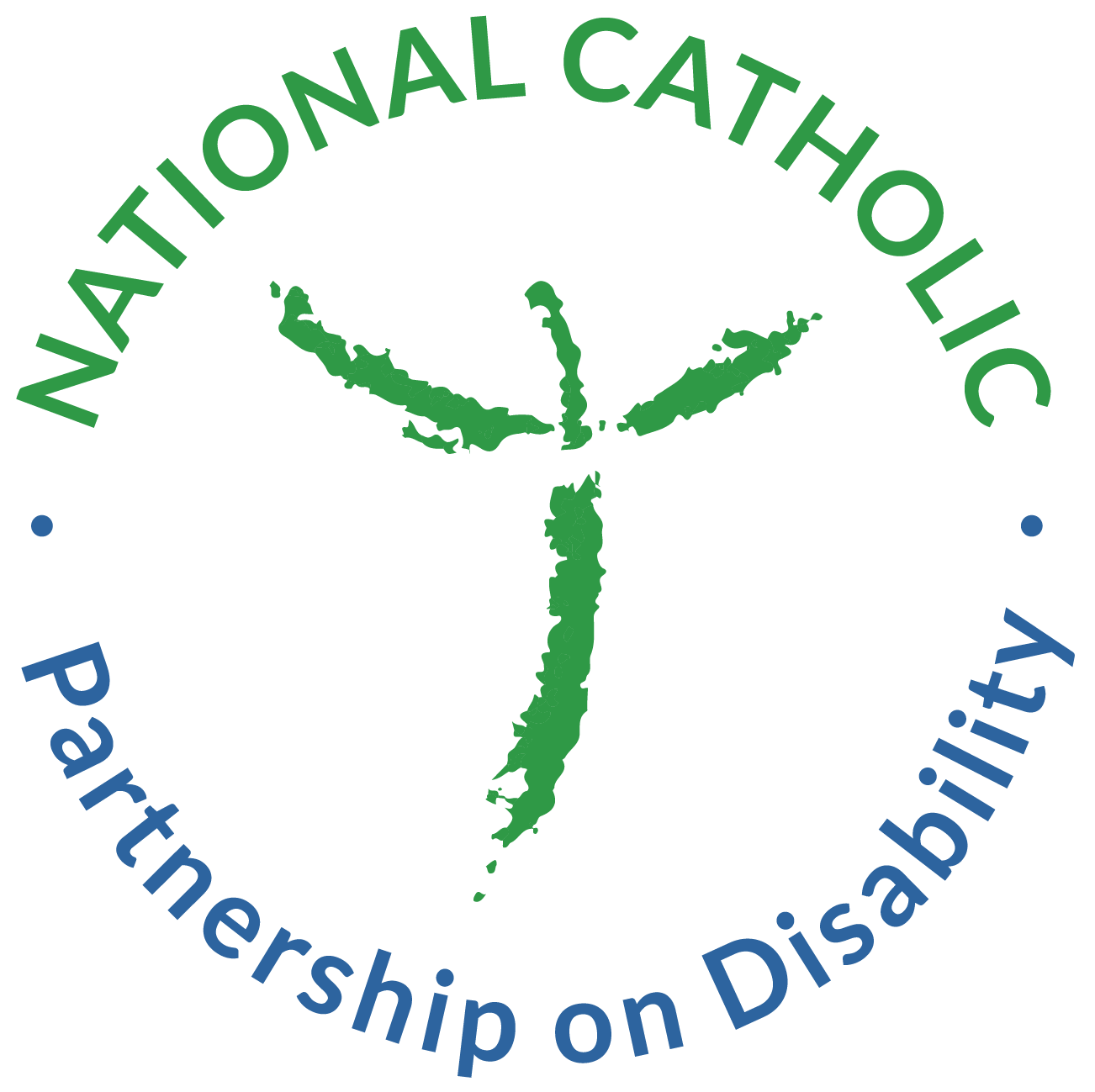
FOR IMMEDIATE RELEASE
January 26, 2011
Contact: Janice Benton
202-529-2933; jbenton@ncpd.org
Washington, D.C. - The NCPD Council on Mental Illness joins in the prayers of our nation for all affected by the tragic events in Tucson, Arizona. We pray for those who have died, for the healing of those injured and struggling to recover, consolation for those who have lost ones they love, and peace for a community that has experienced this trauma.
We deplore the violence committed on that day, and recognize that these kinds of horrific acts can never be condoned. As Archbishop Timothy Dolan, President of the United States Conference of Catholic Bishops, acknowledged, “Violence of any kind must be condemned...we call once more for respect for the life and dignity of every person as we work together for the common good, seeking to address the various social and political issues that face us as a nation.”
We also join with Archbishop Dolan in prayer for “the person who committed these acts and those who are responsible for his care,” and for his family. It seems evident that Jared Loughner was, and had for some time been experiencing a mental illness. We are saddened by the knowledge that with appropriate treatment this tragic act likely could have been avoided.
Most people with mental illness suffer silently, often hiding to escape the stigma of being known as a person with this condition, sometimes hiding in full view. Regrettably, such individuals often are unable to find access to needed services due to under-funded mental health systems incapable of delivering proper care. They often experience stigmatization, stereotyping and isolation from society. They may even lack support from a faith community unwilling or ill- equipped to welcome them as children of God, made in God’s image, and endowed with human dignity.
The needs are great. Mental illness affects one family in five, with approximately 6% of the population (1 person in 17) experiencing a significant mental illness (US Substance Abuse and Mental Health Services Administration). We call on members of the faith community to act both individually and collectively to address the very real needs related to this illness. The NCPD Council on Mental Illness offers resources and training at www.ncpd.org to help faith communities take the proactive steps needed to support parishioners experiencing mental illness and their families, such as those outlined below—especially before crises occur:
-
Educate ourselves about the causes and treatment available for people with mental illness.
-
Advocate for better services.
-
Counter the stigma that keeps people with mental illness and their families from seeking
help.
-
Welcome and value people with mental illness and their families into our parish life to
help them overcome the isolation they often feel.
Treatment works; recovery based on biological, psychological, social and spiritual health is possible. As people of faith, we can provide a welcoming community and a faith life rooted in Christ, offering hope and comfort to those in most need.
#####
NCPD RESOURCES
The NCPD Council on Mental Illness, founded in May 2006 by the National Catholic Partnership on Disability, seeks to serve the U.S. Catholic Church through the following mission:
The January 2011 issue of the Council’s monthly e-newsletter, MI Network News, features the above Statement on the Tragedy in Tucson and accompanying articles and resources. If you wish to sign up to receive this free e-newsletter, follow this link: http://www.ncpd.org/minetwork.
Additional resources and links to other organizations to aid parishes and families in supporting the needs of Catholics with mental illness can be found on the NCPD website at the following link: http://www.ncpd.org/ministries-programs/specific/mentalillness.
The NCPD Council on Mental Illness sponsors one-day awareness workshops on supporting people with mental illness in parish life. For more information, contact NCPD Executive Director Janice Benton at 202-529-2933 or jbenton@ncpd.org.

